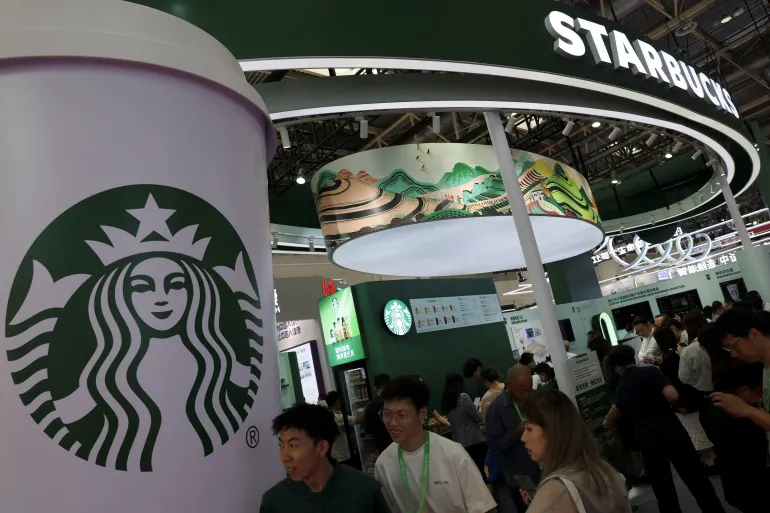Starbucks Sells Majority Stake in China Operations to Hong Kong Firm for $4 Billion
- Rahaman Hadisur

- Nov 6, 2025
- 2 min read
Hadisur Rahman, JadeTimes Staff
H. Rahman is a Jadetimes news reporter covering Business

Starbucks has announced the sale of a 60 percent stake in its China business to Hong Kong-based private equity firm Boyu Capital for $4 billion, marking a major shift in its strategy for one of the company’s largest and most competitive markets.
The deal, revealed on Monday, will see Starbucks and Boyu Capital form a joint venture, with Starbucks retaining a 40 percent share and full ownership of its brand and intellectual property. The company described the move as a “new chapter” in its 26-year presence in China.
Boyu Capital, which has offices in Shanghai, Beijing and Singapore, is led by cofounder Alvin Jiang, the grandson of former Chinese President Jiang Zemin. The investment aims to boost Starbucks’s expansion deeper into the Chinese market, providing fresh funding and stronger logistical support.
Starbucks currently operates around 8,000 outlets across China but plans to grow that number to 20,000 in the coming years. Industry analysts say the partnership could help the company regain ground lost to rapidly expanding domestic brands such as Luckin Coffee, which now boasts more than 26,000 stores nationwide.
Market experts note that Starbucks once dominated China’s coffee culture but has struggled in recent years to compete on price, technology, and local preferences. Competitors like Luckin and Cotti Coffee have gained market share through aggressive pricing, loyalty programs and advanced app-based ordering systems.
A small Americano at Starbucks costs around 30 yuan, compared to about 10 yuan at Luckin. The difference, combined with Luckin’s broader presence in smaller cities, has eroded Starbucks’s stronghold in top-tier markets like Shanghai and Beijing.
Through its new partnership, Starbucks hopes to accelerate growth in regional areas while leveraging Boyu’s experience in property management and retail operations. The move mirrors strategies by other global chains such as McDonald’s and KFC, which restructured their China businesses through local partnerships to strengthen market performance.











































Comments